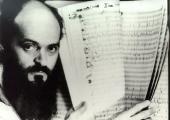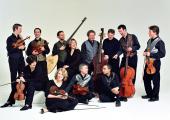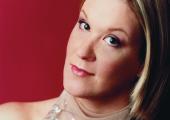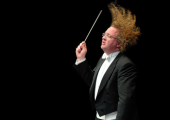Classic Brits 2011

In case anybody had the bizarre notion that the Classical Brits was getting a trifle too classical, the 2011 version of the event was rebranded as the Classic Brit Awards. That would seem to open the door to almost anything - classic rock perhaps, or classic schmaltz (well, waltzmeister Andre Rieu did win Album of the Year). The night climaxed with Dame Shirley Bassey singing "Goldfinger", capping a tribute to the late John Barry, and sounding nowhere near as "classic" as she used to.







